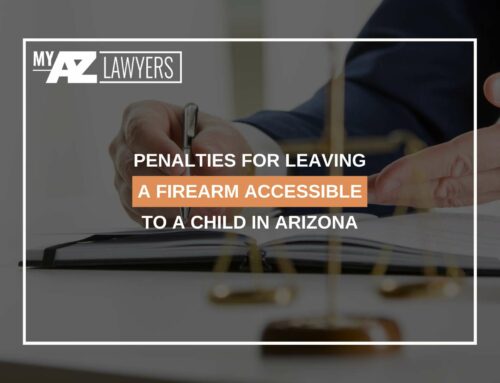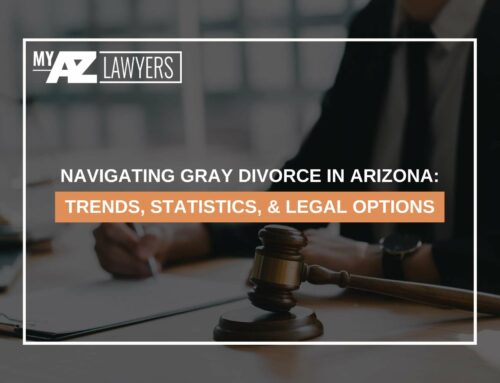Table Of Contents
Tax Laws and Divorce: What Your Divorce Could Mean for the 2020 Tax Season
A divorce can turn your finances upside down. You suddenly go from having two incomes to support your household to only having one income. Yet your living expenses remain stable. If you didn’t work before, you may have to now. Plus, you may have child care expenses now that you didn’t have before.
On top of all those and other changes, you may will also have some changes to the way you file your taxes. It’s important to talk about these with a Gilbert divorce lawyer or accountant. In addition to having to file single and head of household, here are a few other things that you’ll need to know about your taxes for the 2020 season after you file for divorce in 2019:

Paid Alimony is Not Tax-Deductible
In the past, if you had to pay alimony to a former spouse, you could deduct these payments from your taxable income, which would lower your overall tax liability. However, the passage of the Tax Cuts and Jobs Act of 2018 made changes to that rule. Now, any alimony payments you made after Dec. 31, 2018 are now allowed to be taken as deductions. If you were divorced in 2019 or if you are just continuing to pay alimony on a previous divorce, you won’t be able to deduct those alimony payments on your taxes.
The idea behind this change is that you are the higher-earning individual, so you should be the one to pay taxes on the money, not the one receiving the alimony.
Alimony Received is Not Taxable
The same law that stopped allowing deductions for alimony paid has made is to that those receiving alimony do not have to pay taxes on it. The law essentially flipped the script for people on the giving and receiving ends of alimony.
If you receive alimony payments after Dec. 31, 2018, you will not have to report those payments as taxable income. That is true whether you were divorced in 2019 and started receiving alimony or if you are continuing to receive alimony from an earlier divorce.
No Exemptions for Dependents
Under new tax law, you can no longer claim a tax exemption for those you claim as dependents. Instead, you have to use a child tax credit. That may or may not result in the same tax savings as you claimed previously.
Only one parent can claim the tax credit, so you should work out who has the right to this deduction in your child custody order. Otherwise, you’ll be hashing it out with an IRS auditor. Typically, the parent with whom the children live for most of the year is able to claim the deduction. However, if you have a truly 50/50 split, you may have a problem. You may need to negotiate this deduction as part of an overall support order.
There are many other things that might change about your taxes, depending on your circumstances when you were married and what they are now. You need to work closely with an accountant to learn about all the tax issues that will change as a result of your divorce. And you need to work with an experienced divorce attorney serving Glendale to protect your finances, such as by getting the alimony order you deserve, getting an equal and fair split of the marital assets, or getting the right child custody and support order, including the ability to claim the children as dependents, if applicable.
The divorce attorneys at My AZ Lawyers are ready to fight for your rights. Divorce can take an enormous toll on your finances, and we’ll work to make sure you have what you need – and what is rightfully yours – to start your new life. We’ll start with a thorough review of your finances and a discussion of your goals. We’ll help you understand your rights under the law, as well as your responsibilities. Then we’ll explore every legal option for helping you get the result you want. We serve clients in the Phoenix, Glendale, Tucson, and Mesa areas. Call us today to schedule a consultation with an experienced divorce attorney in your area and to start exploring your legal options.
Arizona Offices:
Mesa Location:
1731 West Baseline Rd., Suite #100
Mesa, AZ 85202
Office: (480) 448-9800
Email: [email protected]
Website: https://myazlawyers.com/
Glendale Location:
20325 N 51st Avenue Suite #134, Building 5
Glendale, AZ 85308
Office: (602) 509-0955
Tucson Location:
2 East Congress St., Suite #900-6A
Tucson, AZ 85701
Office: (520) 441-1450
Avondale Location:
12725 W. Indian School Rd., Ste E, #101
Avondale, AZ 85392
Office: (623) 469-6603











